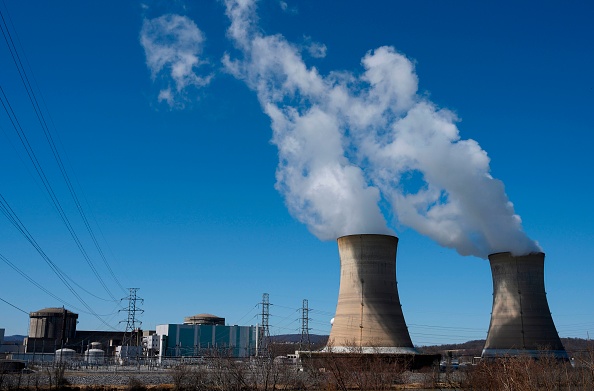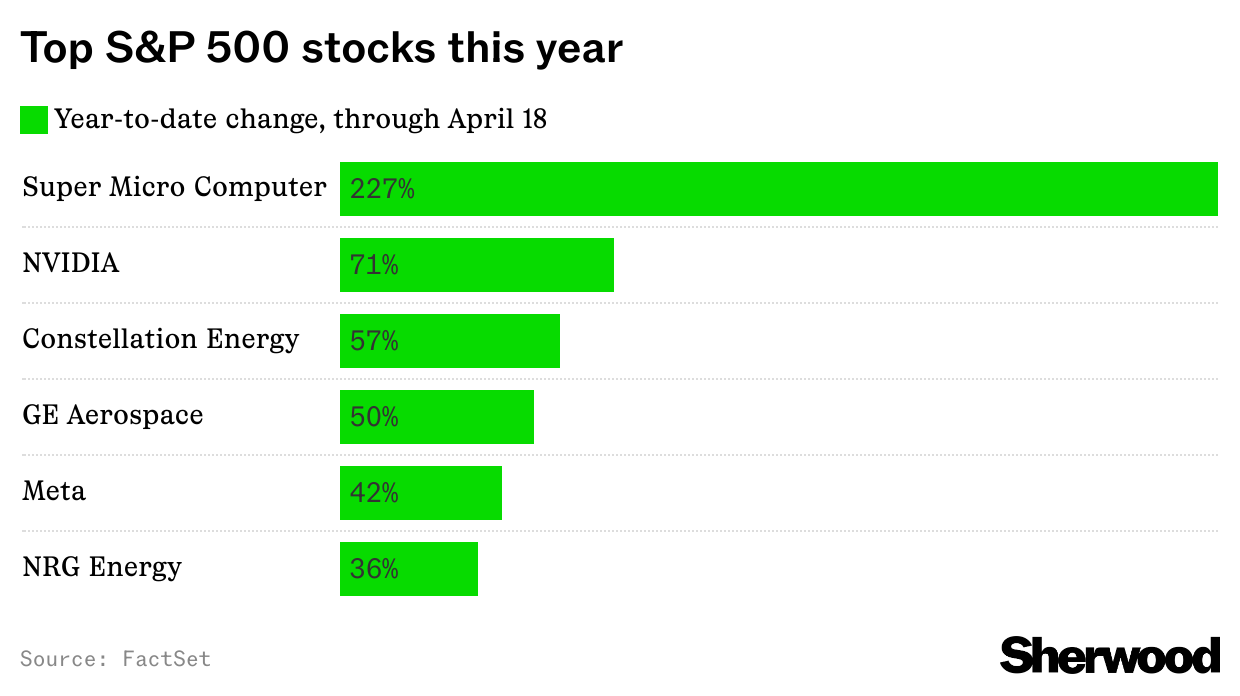Hey Snackers,
Breakfast with a side of fresh cash? An Indiana McDonald’s accidentally gave a customer a bag filled with $5K instead of his McMuffin. The man returned the money, went viral on TikTok, and said he was rewarded with a month of free McD’s. Someone call John Quiñones.
Stocks closed mixed yesterday as investors digested earnings from corporates like Johnson & Johnson and 3M. Next up: all eyes are on tomorrow's fourth-quarter GDP data.
RX
Amazon unveils a $5/month unlimited meds subscription as retailers race into pill delivery
A pack of migraine meds… with your monthly TP delivery. Amazon’s doubling down on its pharmacy biz with a new prescription-drug subscription. Prime members can now buy unlimited meds (and get ’em delivered to their doorstep) for a flat fee of $5/month — no insurance necessary. The subscription (dubbed “RXPass”) offers 80 medications for everything from high blood pressure to anxiety. Amazon’s targeting people who are juggling numerous prescriptions: 150M+ Americans take one or more of the drugs included in the RXPass.
Look back: Amazon bought online pharmacy PillPack for $750M in 2018 and splurged nearly $4B on membership-based health-clinic chain One Medical last year.
Pill pack: So far only 14% of prescription customers know about Amazon’s PillPack online pharmacy, but over a third say they plan to switch pharmacies in the next year.
Getting crowded… Nearly half of US adults take two or more meds daily, and a quarter say it’s difficult to afford the treatment they need. Now retailers are scrambling to get more prescription business. In 2021 Walmart added prescription discounts to its Walmart+ membership program. Mark Cuban’s discounted Cost Plus e-pharmacy attracted 1.5M customers just a year after launching. Meanwhile, CVS and Walgreens have ramped up their prescription offerings with features like mobile ordering and delivery. Amazon’s big differentiator: offering many drugs at one flat rate.
Old roads can open new paths… Amazon’s been moving into healthcare for years, but has yet to make a big mark in the $500B pharmacy retail space. Now it’s using its “old road” strengths (think: 168M Prime subscribers and a massive delivery network) to get ahead. Its bid is promising: nearly two-thirds of brick-and-mortar pharmacy customers have a Prime account.
Word
Microsoft reports slowing growth and a rare profit drop, but is still investing billions
Soft landing… Microsoft kicked off Big Tech earnings yesterday on an upbeat note. Shares of the software titan spiked 4% after it reported (slightly) better-than-expected earnings, courtesy of solid cloud growth. Microsoft’s cloud-computing unit — aka: the second-largest cloud biz after Amazon’s AWS — grew revenue by 31% from last year, a slowdown from previous quarters. Investors were uplifted by the small earnings beat, but Microsoft’s reality is not so suite:
Far from Excel-ent: Total sales grew at the slowest pace since 2016, and profit dropped for the first time in eight years (from $18.7B last year, to $16.4B).
Iffy Outlook: Last week Microsoft said it was slashing 10K workers to prepare for a recession as the remote-work boom wanes.
New year, new me… Microsoft is the first of the Big Tech Five (Apple, Amazon, Google, Microsoft, Meta) to report. In 2021, they demolished earnings with jaw-dropping records. In May of that year, Microsoft posted its strongest revenue growth since 2018, while Apple and Amazon delivered quarterly records. This year, it’s a different story:
- The remaining four of the Big Tech Five are also expected to release lower quarterly earnings as demand slows, recession fears grow, and layoffs abound.
When the going gets tough, get more going… Even as cloud and PC demand slows, Microsoft’s not backing down from big spending: it just announced a multiyear, multibillion-dollar investment in ChatGPT maker OpenAI — and is still aggressively trying to complete its $69B acquisition of gaming company Activision Blizzard. By doubling down on generative-AI tools and gaming, Microsoft’s hoping to energize growth with new tech.
What else we’re Snackin’
Walmore: Walmart, aka America’s largest employer, said it's raising its minimum wage for store staff to $14/hour. The goal: attract and retain workers in a still competitive job market.
Googopoly: The Justice Department sued Google, saying it has a monopoly over online advertising tech. It's the fifth govt antitrust suit against the search giant since 2020, and aims to make Google sell off its ad tech.
3Miss: 3M announced it's laying off 2.5K employees as demand for disposable face masks sags. The Minnesota biz manufactures everything from Post-its to Scotch tape to "forever chemicals."
Vaxing: Johnson & Johnson said its quarterly earnings dropped 25% as global demand for its Covid vax sank 57%. Still, sales of its over-the-counter meds like Tylenol got a boost during flu season.
Whynance: Crypto exchange Binance said it was a "mistake" to keep customers' funds and collateral for its tokens in the same digital wallet. Meanwhile, regulators said exchanges shouldn't mix their crypto with customers'.
Wednesday
- Earnings expected from Tesla, Abbott Labs, AT&T, Boeing, NextEra Energy, Kimberly Clark, Levi, and IBM
Authors of this Snacks own shares of: Amazon, Apple, CVS, Google, Microsoft, Walmart and Tesla
ID: 2699644


.png)